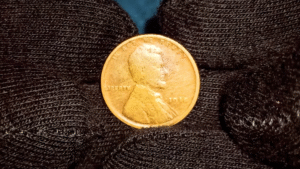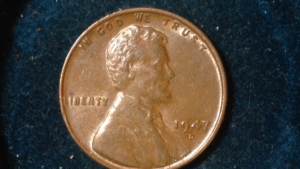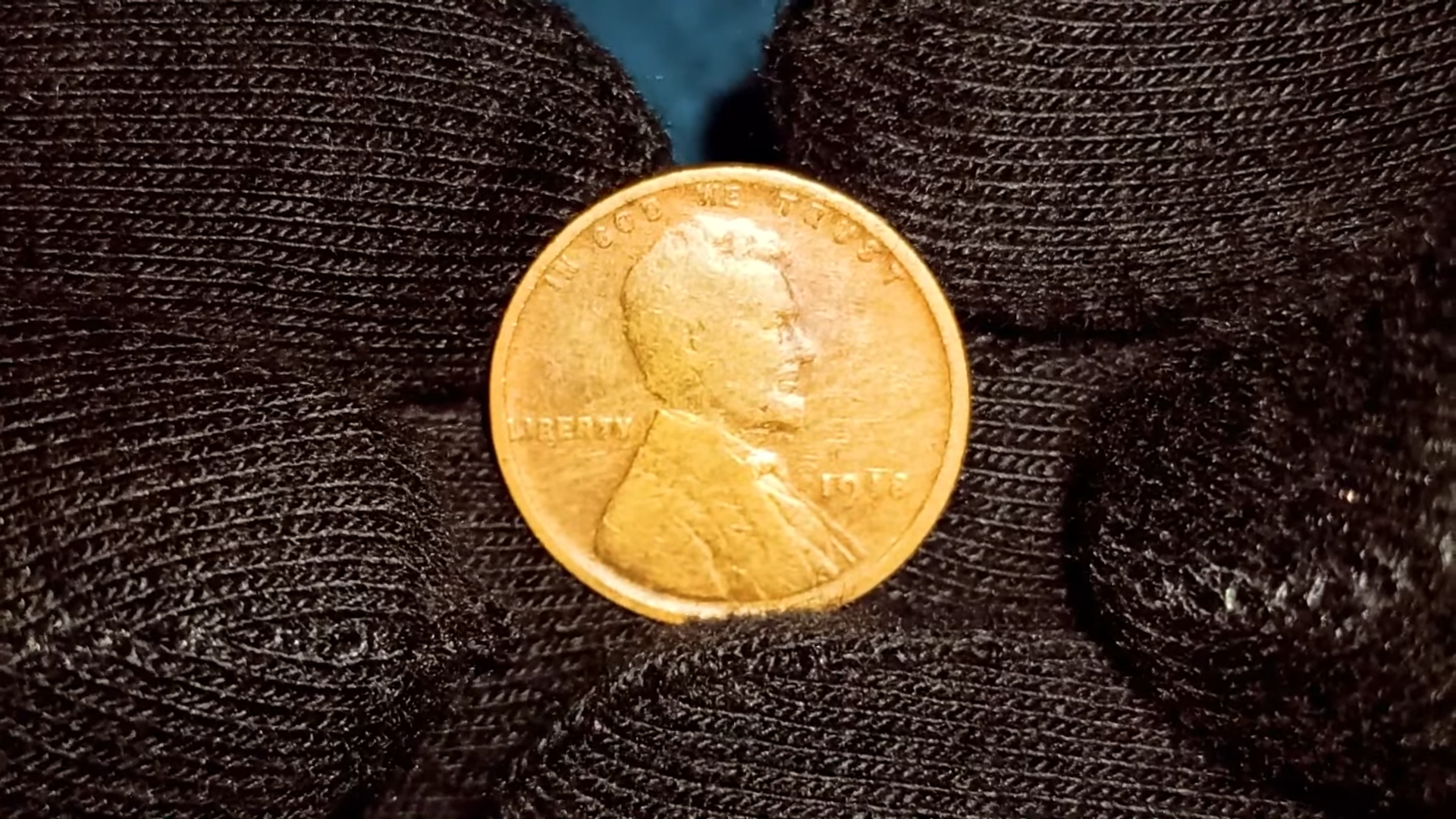Finding a coin in your pocket worth a million dollars may sound like a fantasy, but for lucky collectors, it’s a real possibility. The rare 1943 Lincoln Wheat Penny—mistakenly struck in bronze instead of steel during World War II—is one of the most valuable U.S. coins in existence. With only a few known examples, experts believe some might still be hiding in circulation, tucked away in old jars, collections, or even your spare change.
The Story Behind the 1943 Bronze Lincoln Wheat Penny
The Lincoln Wheat Penny was minted from 1909 to 1958, featuring President Abraham Lincoln on the front and two wheat stalks on the back. While most are common, a rare 1943 bronze version stands apart. In 1943, the U.S. Mint switched to steel pennies coated with zinc to save copper for wartime production. However, a few leftover bronze blanks from 1942 were accidentally used, creating a coin that wasn’t supposed to exist.
This minting error resulted in a handful of 1943 bronze pennies slipping into circulation. Today, these coins are considered one of the “holy grails” of coin collecting, with a single authenticated example from Philadelphia fetching as much as $1 million.
How to Tell If You Have a 1943 Bronze Penny
If you’re sifting through old coins or a jar of pennies, here’s how to check if you’ve struck gold:
| Test | What to Check | Why It Matters |
|---|---|---|
| Year | The coin should read 1943 | Only this year had the steel switch |
| Color | Should appear brown or copper-colored | Steel coins are silver-gray |
| Magnet Test | Does not stick to a magnet | Steel is magnetic, bronze is not |
| Weight | Around 3.11 grams | Steel pennies weigh ~2.7 grams |
| Mint Mark | May show no mark, “D”, or “S” under the year | All mint marks are valuable |
If your penny passes these checks, it’s time to consult a professional. A grading service like PCGS (Professional Coin Grading Service) or NGC (Numismatic Guaranty Company) can authenticate and appraise your coin’s true market value.
Can These Rare Pennies Still Be Found?
Yes—surprisingly, some experts believe a few unaccounted-for 1943 bronze pennies could still be hidden in circulation or family collections. Several have been discovered decades after minting, pulled from change jars or inherited coin rolls. That’s what keeps collectors and treasure hunters hopeful: your million-dollar coin might still be out there.
What To Do If You Have a Rare Coin
If you believe you’ve found a valuable coin:
- Avoid cleaning or altering the coin—it can reduce value.
- Store it safely in a protective holder.
- Contact a reputable coin dealer or grading service for authentication.
- Research recent auction sales to understand potential market value.
Selling a rare coin is best done through established auction houses or certified dealers to ensure a fair price and avoid scams.
The discovery of a 1943 bronze Lincoln Wheat Penny isn’t just about financial gain—it’s about holding a unique piece of American history. With the possibility that some of these rare coins remain hidden in plain sight, it’s worth taking a closer look at your loose change. That simple penny might just be worth a fortune.
FAQs
Why is the 1943 Lincoln Wheat Penny so valuable?
It was mistakenly struck in bronze instead of steel during WWII, making it an ultra-rare minting error.
How many 1943 bronze pennies are known to exist?
Estimates suggest around 20–30 have been authenticated.
Can I sell a rare penny online?
Yes, but it’s best to authenticate it first and sell through reputable dealers or auction houses.
How do I weigh a penny at home?
Use a precise digital scale that measures grams to check for 3.11 grams.
Will cleaning a rare penny increase its value?
No—cleaning can lower a coin’s value by damaging its natural patina.










